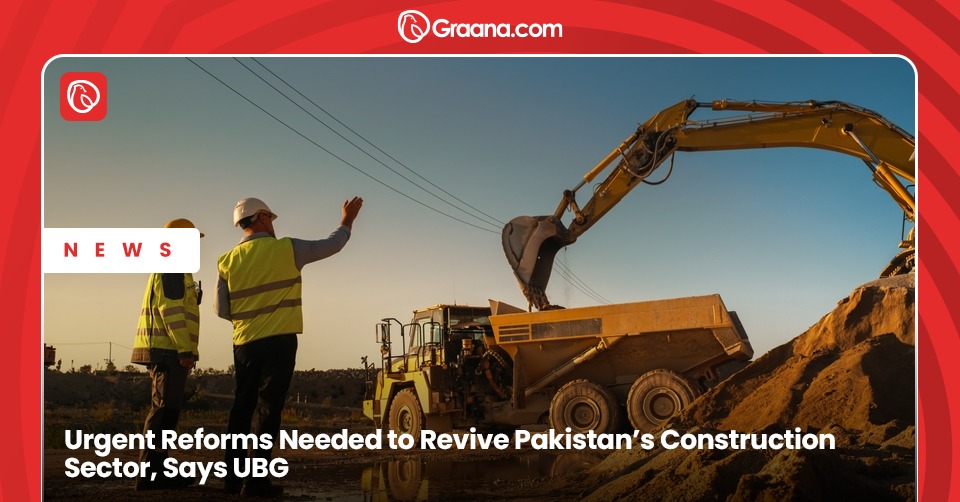KARACHI — Syed Mazhar Ali Nasir, Vice Chairman of the United Business Group’s Southern Zone, has urged the government to take swift and strategic actions to rejuvenate Pakistan’s construction and housing sector. In a statement issued on January 22, Nasir highlighted the sector’s pivotal role in the nation’s economy and its vast potential for growth, which remains untapped due to prevailing challenges.
The construction sector, integral to Pakistan’s economic framework, directly supports over 70 allied industries, including cement, iron, and ceramics. However, it faces mounting hurdles that hinder its capacity to drive growth and create jobs. Nasir emphasized that with the right policy measures, the sector could unlock an estimated $100 billion in investment potential, prevent capital flight, and catalyze economic activity.
Nasir outlined several key recommendations to address these challenges and position the construction sector as a cornerstone of economic development:
- Lower Property Tax: Reducing taxes on property transactions to incentivize investments in housing and construction.
- Tax-Free First Property Purchase: Declaring the first property purchase tax-free to encourage homeownership and market participation.
- Remove the 3% Federal Excise Duty (FED): Eliminating the legally unenforceable FED on construction activities in provinces to lower barriers to growth.
- Prioritize Construction in Banking: Encouraging banks to classify construction as a priority sector to attract financing and boost development.
- End Non-Productive Concepts: Removing counterproductive policies that have stifled housing sector growth.
- Introduce Affordable Mortgages: Launching a 10-year fixed-rate mortgage scheme linked to the 10-year Pakistan Investment Bond (PIB) yield to make homeownership more accessible.
Revitalizing the construction sector would ripple across the economy, spurring job creation for both skilled and unskilled workers, attracting foreign investments, and boosting ancillary industries. Nasir stressed that a proactive approach by the government could transform the sector into a key driver of economic progress, fostering long-term growth and stability.
By implementing these reforms, Pakistan has an opportunity to not only stabilize its economy but also to empower its citizens through improved access to housing and employment.




